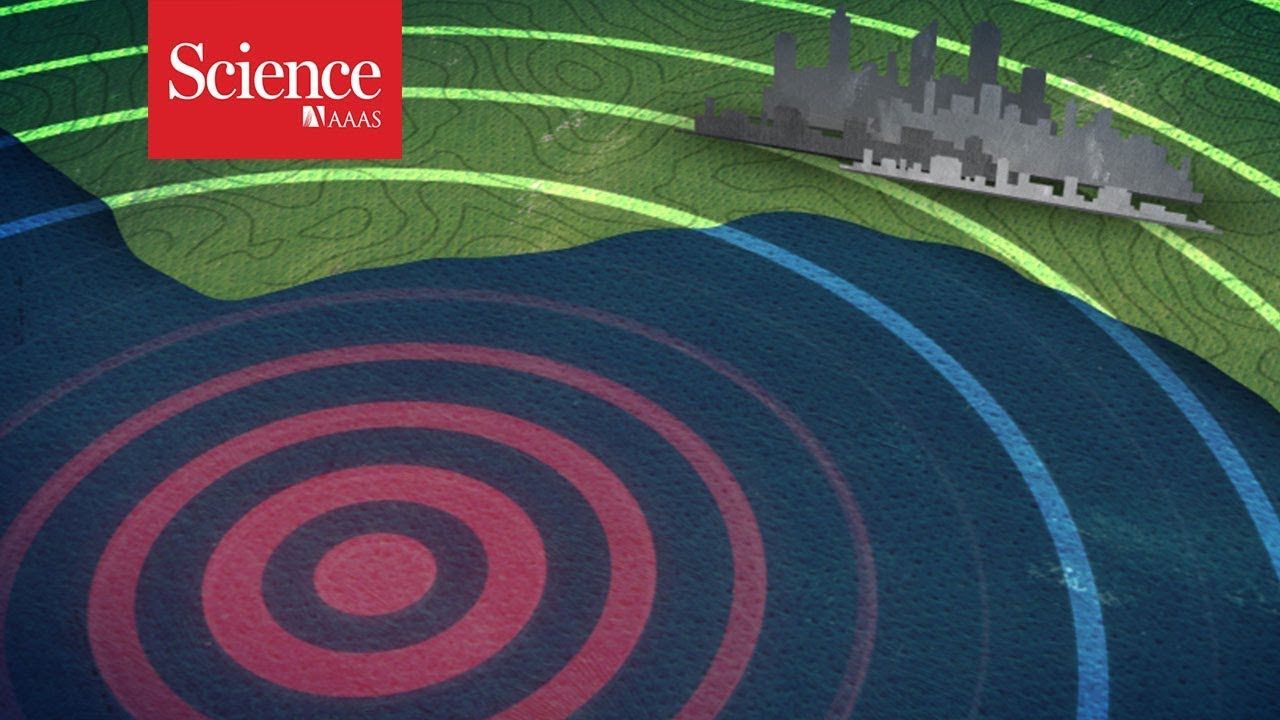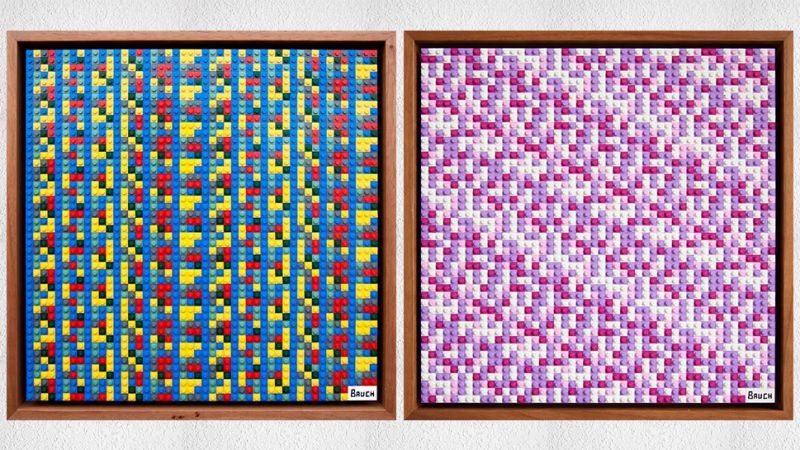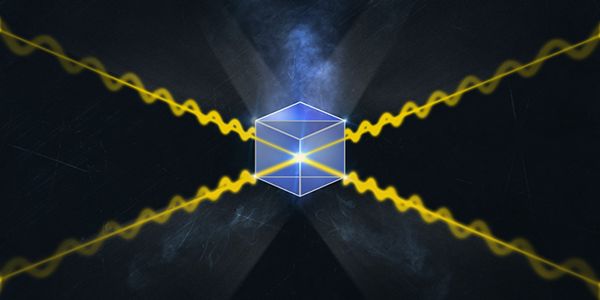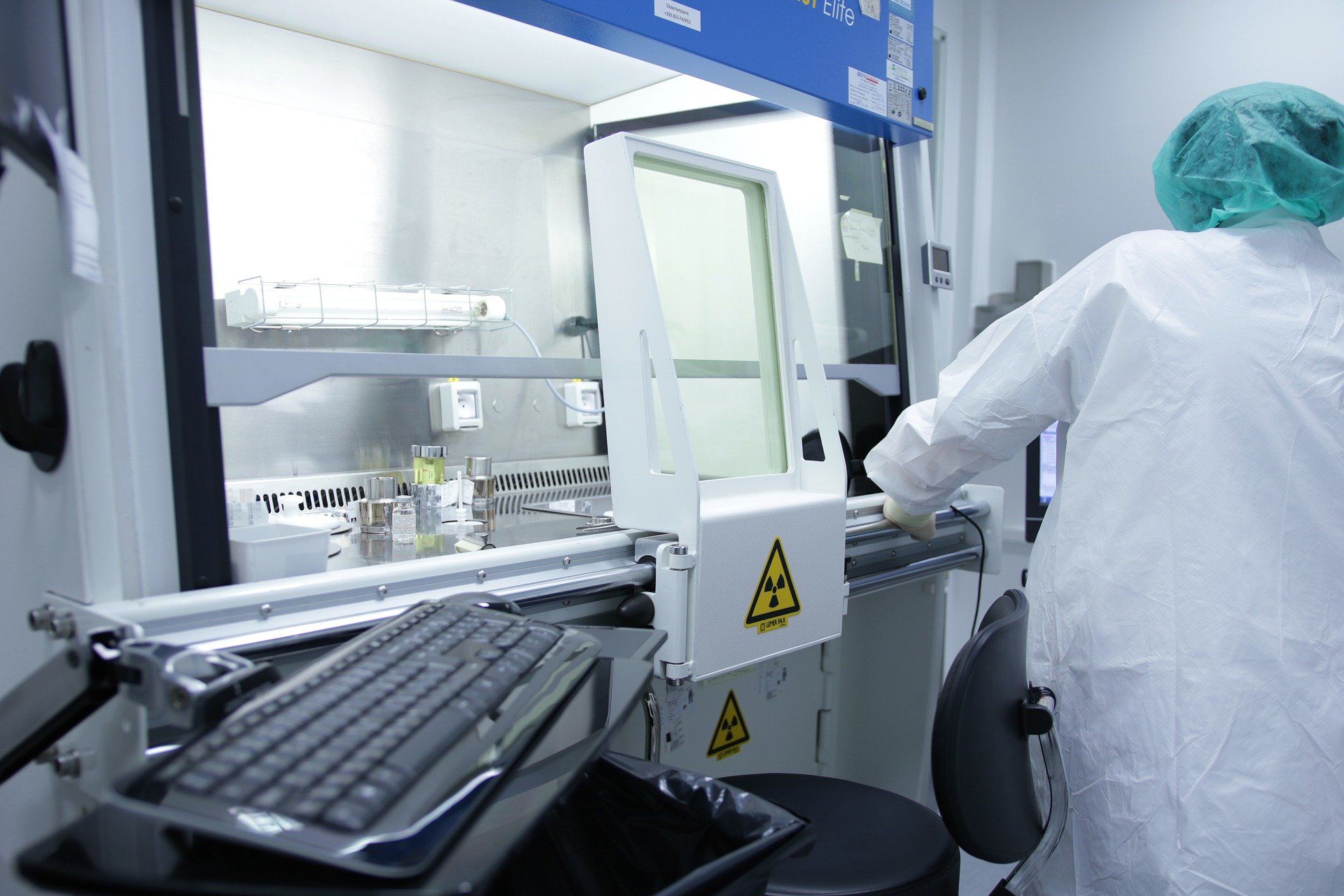Page 9586
Mar 23, 2018
Artist Hides Secret Code to $10,000 Worth of Cryptocurrencies in Lego Artworks
Posted by Genevieve Klien in categories: bitcoin, cryptocurrencies, encryption, information science, space
It has no inherent value and causes observers to rotate between feelings of fascination and anger. We’re talking about cryptocurrency, but also art. In a new series, artist Andy Bauch is bringing the two subjects together with works that use abstract patterns constructed in Lego bricks. Each piece visually represents the private key to a crypto-wallet, and anyone can steal that digital cash—if you can decode them.
Bauch first started playing around with cryptocurrencies in 2013 and told us in an interview that he considers himself an enthusiast but not a “rabid promoter” of the technology. “I wasn’t smart enough to buy enough to have fuck-you money,” he said. In 2016, he started to integrate his Bitcoin interest with his art practice.
His latest series of work, New Money, opens at LA’s Castelli Art Space on Friday. Bauch says that each piece in the series “is a secret key to various types of cryptocurrency.” He bought various amounts of Bitcoin, Litecoin, and other alt-coins in 2016 and put them in different digital wallets. Each wallet is encrypted with a private key that consists of a string of letters and numbers. That key was initially fed into an algorithm to generate a pattern. Then Bauch tweaked the algorithm here and there to get it to spit out an image that appealed to him. After finalizing the works, he’s rigorously tested them in reverse to ensure that they do, indeed, give you the right private key when processed through his formula.
Continue reading “Artist Hides Secret Code to $10,000 Worth of Cryptocurrencies in Lego Artworks” »
Mar 23, 2018
Expert wants to launch a space station in North Qld
Posted by Genevieve Klien in category: futurism
Mar 23, 2018
Affectiva’s Automotive AI could keep distracted and drowsy drivers from causing accidents
Posted by Genevieve Klien in category: robotics/AI
AI company Affectiva recently announced its Automotive AI platform that observes people’s emotional states to potentially help prevent distracted or drowsy driving.
Mar 23, 2018
How the ‘Many Worlds’ Interpretation Was Born
Posted by Genevieve Klien in category: futurism
Mar 23, 2018
New innovations in cell-free biotechnology
Posted by Genevieve Klien in categories: biotech/medical, innovation
A Northwestern University-led team has developed a new way to manufacture proteins outside of a cell that could have important implications in therapeutics and biomaterials.
The advance could make possible decentralized manufacturing and distribution processes for protein therapeutics that might, in the future, promote better access to costly drugs all over the world.
The team set out to improve the quality of manufactured proteins in vitro, or outside a cell, and found success across a number of fronts.
Mar 23, 2018
Genetic switch activates transformation of stem cells into heart muscle cells
Posted by Genevieve Klien in categories: biotech/medical, genetics
The discovery of a genetic switch that triggers stem cells to turn into heart cells is a major step in finding treatment for damaged hearts.
Researchers from A*STAR and their colleagues in India have been investigating the molecular and genetic processes by which human embryonic stem cells differentiate into the body’s many types of cells—in particular, cardiomyocytes, or heart muscle cells.
“The effort is underway globally to find ways to differentiate these stem cells into beating functional heart muscle cells so that they can be used for cell-based therapies to treat structural abnormalities,” says Prabha Sampath, from the A*STAR Institute of Medical Biology.
Mar 23, 2018
Massive cyberhack by Iran allegedly stole research from 320 universities, governments, and companies
Posted by Genevieve Klien in categories: cybercrime/malcode, futurism
Mar 23, 2018
The bigger the earthquake, the longer it takes to issue an alert
Posted by Genevieve Klien in category: futurism

Earthquake early warning systems can give people crucial seconds to move to safety—but only if they send the message in time. Now, scientists working on such systems have discovered that the bigger the tremor, the longer it takes to issue an alert—giving people little time to prepare for the big one, but lots of time to brace for a ho-hum event.
All earthquakes start with P waves, which are fast moving and cause little damage. S waves come next, moving more slowly but causing more destruction. Early warning systems measure ground movement during the fast P waves to predict how much shaking the S waves will cause, and then send out an alert.
Continue reading “The bigger the earthquake, the longer it takes to issue an alert” »
Mar 23, 2018
Superbugs could outstrip cancer in disease-related deaths
Posted by Genevieve Klien in category: biotech/medical
Antibiotic hunter Dr Mark Blaskovich says antibiotic resistance is growing faster than the research and has the potential to bring modern medicine to a halt.

















